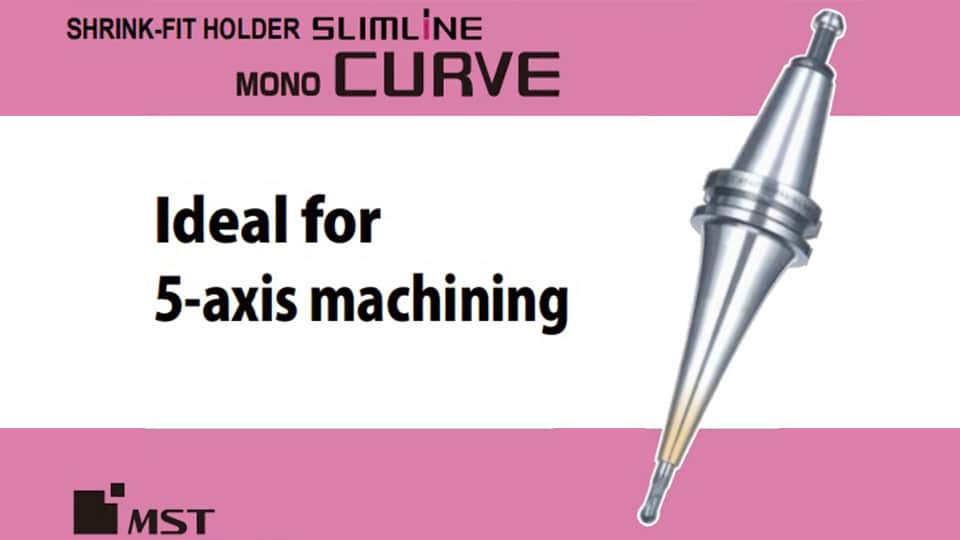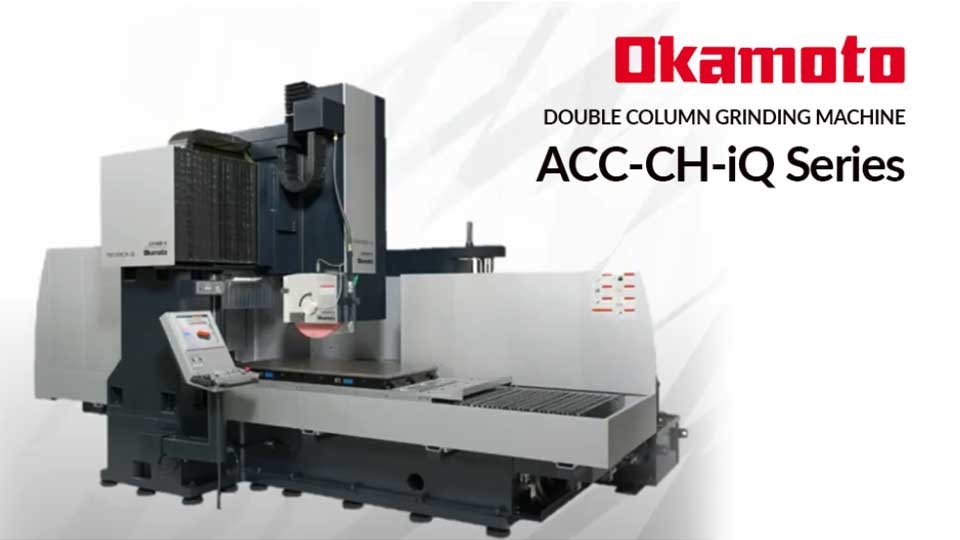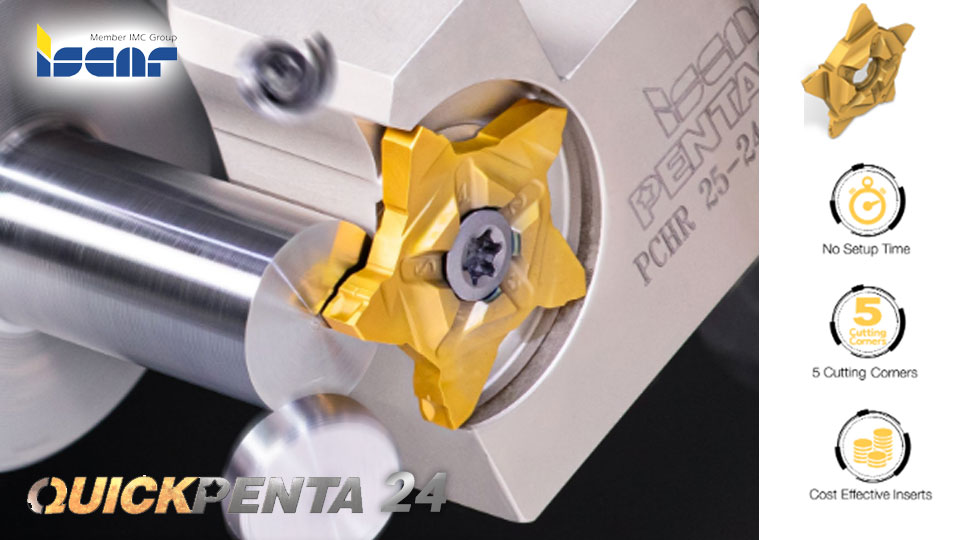
Statistics of Machinery Orders: Leading Indicator of Investments in Private Sector
On June 11, Japan’s Cabinet Office revealed the statistics of the machinery orders is the leading indicator of investments in the private sector. Such orders in April “in the private sector excluded ships and power generators,” worth 943.1 billion yen, 10.1% higher than the figure in March after having dropped in the previous consecutive months. The figure was considered the highest one after June 2008.
With the urge for the industrial growth, Japan’s Cabinet Office revised its keynote speech from “seeing the upward trend of having more orders” to “having more orders.” This was the first speech revision after August 2017. Nonetheless, it is unclear whether in the future the number of orders will be affected by government policies such as the trade policy of the Trump administration and the policy after the U.S.-North Korea summit.
It is further reported that the order of machine tools was worth 447.9 billion yen, 22.7% higher than the sales in March. These tools included machinery for manufacturing, internal combustion engines and engines for transportation.
The sales of non-manufacturing machinery was worth 477.8 billion yen, 0.4% higher than the figure in March. The increase in the number of orders was from the service industry with more demand for computers, the agroforestry industry, the transportation industry, the postal service industry, the civil work industry and the communications industry.
The sales from the private sector outside Japan was worth 1.324 trillion yen, 10% higher than the figure in March. The total of sales in Japan’s public and private sectors as well as sales from other foreign countries was worth 2,508 trillion yen, 12.6% higher than that in March.
In the keynote speech, Japan’s Cabinet Office commented that “Not only do we recover from the previous month’s economy, but we also grow continuously.” Considering this upward trend, the Cabinet decided to set a higher sales target in the future.
Conversely, there is a business risk resulted from President Trump’s attitude towards the G7 summit, which may bring about unclear trade policies between Japan and the U.S.
In addition, another business risk was with regard to international relations after the discussion on the “Complete Verifiable Irreversible Denuclearization (CVID)” concept during the U.S.-North Korea summit. This will certainly affect Japan’s machinery sales order.






